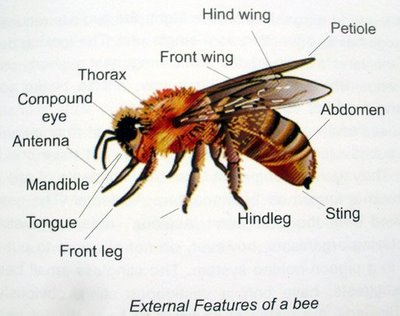The European Food Safety Authority (EFSA), which carries out risk assessment on plant protection products, is currently reviewing recent scientific literature with regard to the effects of pesticides, and in particular of neonicotinoids, on bees. In its conclusions on imidacloprid and fipronil, EFSA has identified the toxicity to bees (and other non-target organisms) as a critical area of concern.
The inclusion of active substances in Annex I of Directive 91/414/EEC is decided by the European Commission and the initiative of reviewing the Annex I inclusion can only be taken by the Commission. In 2010, the Commission has amended the inclusion conditions for clothianidin, thiamethoxam, fipronil and imidacloprid by adding some mandatory measures for the use of these substances as seed treatment (Directive 2010/21/EU). These measures are specifically intended to better protect bees. The European Commission is currently finalising a significant revision of the data requirements under Directive 91/414/EEC , in order to incorporate new science. The chapter on ecotoxicological effects, including effects on bees, will be significantly extended (with new groups of non-target organisms to be considered, such as amphibians). These revised data requirements will be adopted under Regulation (EC) No 1107/2009, which is replacing Directive 91/414/EEC and will become fully applicable on 14 June 2011. Annex II to that Regulation contains criteria for the approval of active substances. With regard to bees, the Annex II prescribes that an active substance can only be approved where the use of plant protection products containing the substance will result in negligible exposure of bees, or has no unacceptable acute or chronic effects on colony survival and development, taking into account effects on larvae and behaviour.
Source: Nick Griffin MEP, 18 March 2011
http://www.nickgriffinmep.eu/content/response-efsa-insecticide-threat-b…

- Login om te reageren
